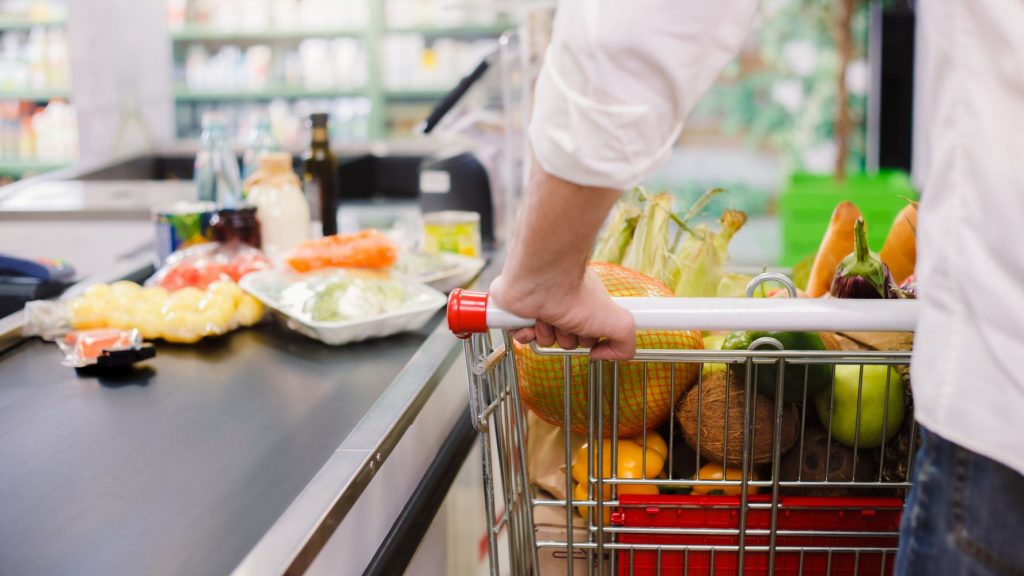Coronavirus, is a type of a RNA virus that has a protein case with spikes. The spikes on the outer surface of the virus give its name – on a microscopic level, the viruses look like they have an aura or a “crown”. There are over 45 types of coronavirus that are known in the field of taxonomy.
With the recent outbreaks of the delta variant of a coronavirus, people have become more paranoid about their health and safety. And while restaurants are creating ways on how to operate within the constraints of a quarantine, concerns arise on the possibility of food being a vehicle for coronavirus infection.
The short answer? No. But there will be exceptions and explanations that come with the answer.
First, we have to understand that food can be hot, cold, fresh, expired, reheated, be acidic, be alkaline, be pH neutral, watery, dry, aromatic, pungent, liquid, solid, etc – you get the idea.This creates different environments for any type of microorganism.
Generally speaking, high temperatures are enough to destabilize the proteins on any kind of organism, viruses included. That’s why the CDC recommends cooking food to temperatures high enough for any bacteria, parasites, and viruses to die. So, can the coronaviirus live on hot food? The good news is no. The virus will die when the food temperature is 70 degrees celsius or higher. It’s better
With this in mind, transmission via the oral route is unlikely, unless the mouth is left exposed and a nearby carrier expels the virus via sneezing or coughing. Which brings us the to the next question:
Does the coronavirus thrive in wet environments?
Yes. In fact, it’s the main reason why it can invade people’s bodies. The coronavirus attacks epithelial cells, or in simpler medical terms, mucous membranes – your eyes, your nasal passages, the insides of your mouth, and all things wet and smooth in your body have epithelial cells. The coronavirus is a respiratory viral agent and it takes advantage of the body’s natural way of eliminating intruders.
The coronavirus replicates enough to the point that a single droplet of mucus from the nose can contain hundreds, or thousands, of viral copies. This means that a room with just the right amount of humidity becomes the perfect environment for coronavirus to travel.
When it comes to food, the coronavirus can last for several hours on any food surface that is at room temperature. However, exposure to UV light from daylight will kill the virus. If you suspect a person to be carrying the virus, stay away from surfaces they touch or cold food they breathe or speak over.
Generally speaking, the wetter the food is, the better chances the coronavirus will be able to infect someone via the oral route. So far, only the delta variant of the virus can do this, and it targets select mammals, humans included.
There was already a case study of an infection via the oral route, conducted in 2020. Medical experts have seen the coronavirus infecting liver tissue which confirms that food can be a vehicle for the virus.
It’s also very important to take note of the fact that the delta variant of the coronavirus attacks the cells lining the digestive tract of some animals. It’s best to avoid eating organ meat from livestock as they may contain the coronavirus. If the preference for organ meat is unavoidable, heating the food to more than 70 degrees Celsius should be enough to kill the virus.
So, we’ve discussed the coronavirus in wet environments, and hot environments. What about acidic food? Can acids kill the coronavirus?
One of the most popular household and organic disinfectants is white vinegar White vinegar has a ph of 2.0, enough to kill, or more accurately, deactivate, coronavirus. The coronavirus is still infective at a pH of 3.0, as found out in a study done by a group of researchers.
Even though gastric acidic has a pH of 1.5 to 3.5, it’s not a guarantee that it will be a virus-killing solution. Just like how water is added to salty meals to make it less salty, food that goes into the stomach heightens the pH of the stomach acids, helping the virus live instead of killing it.
So short answer, acids will kill or deactivate the coronavirus, but only if it’s pure enough. And no, fasting will increase your protection against the coronavirus. Washing your hands prior to eating is leagues better than relying on powerful stomach acids.
While it’s still possible for the coronavirus to be transmitted via food, the combination of stringent restaurant policies, and food preparation techniques give the coronavirus a difficult time to infect anyone.
In conclusion, the coronavirus has a miniscule chance of being passed via cooked food. Surely nobody would consume food prepared by sick individuals, there’s that.
